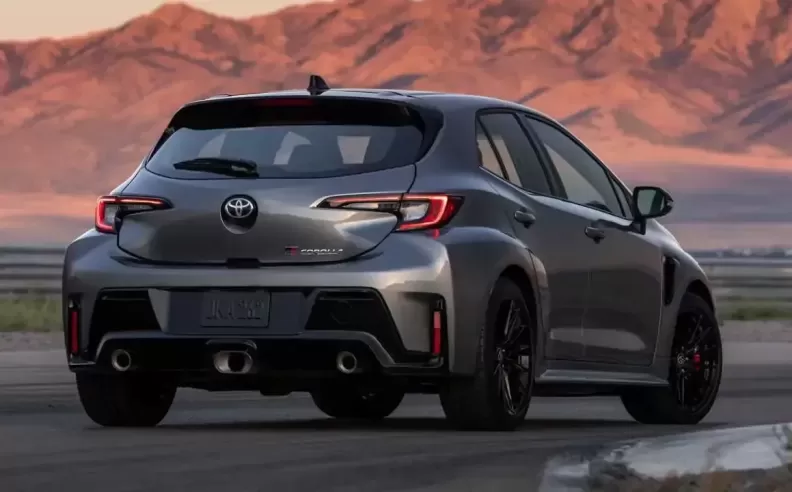
Toyota continues to dominate the automotive industry by leveraging its vast lineup of vehicles that cater to a wide array of consumers. From compact kei cars in Japan to full-size SUVs in the United States, Toyota has ensured that every segment is covered. Its success isn't limited to a single market; the brand resonates globally, offering sedans, trucks, minivans, and even performance models like the GR86 and GR Supra. This versatility helps Toyota remain accessible and desirable, solidifying its top position for the fifth consecutive year.

Despite a 3.6% decline in sales compared to 2023, Toyota sold nearly 9.86 million vehicles by November 2024, outpacing Volkswagen by over 618,000 units. While VW has a broader array of sub-brands and a more extensive offering of plug-in hybrids and EVs, Toyota’s reliance on combustion-engine vehicles in key markets has helped maintain its edge. Toyota's focus on efficiency and reliability, paired with its deep-rooted presence in both emerging and developed markets, ensures it remains a top choice worldwide.
Toyota’s EV portfolio has seen a slower rollout compared to competitors like VW and Hyundai. However, its vast resources and established reputation leave plenty of room for growth in the electric vehicle market. By focusing on hybrid technologies and strategic planning, Toyota is poised to strengthen its EV efforts in the coming years, ensuring it remains competitive as global trends shift towards electrification.
While Hyundai Motor Group secured third place with 7.23 million global sales in 2024, VW’s 2.3% drop in shipments highlights the difficulty of dethroning Toyota. Despite VW’s broad EV lineup and numerous sub-brands, its inability to close the sales gap underscores the challenge of competing with Toyota’s expansive market reach and brand trust.

Started my career in Automotive Journalism in 2015. Even though I'm a pharmacist, hanging around cars all the time has created a passion for the automotive industry since day 1.
